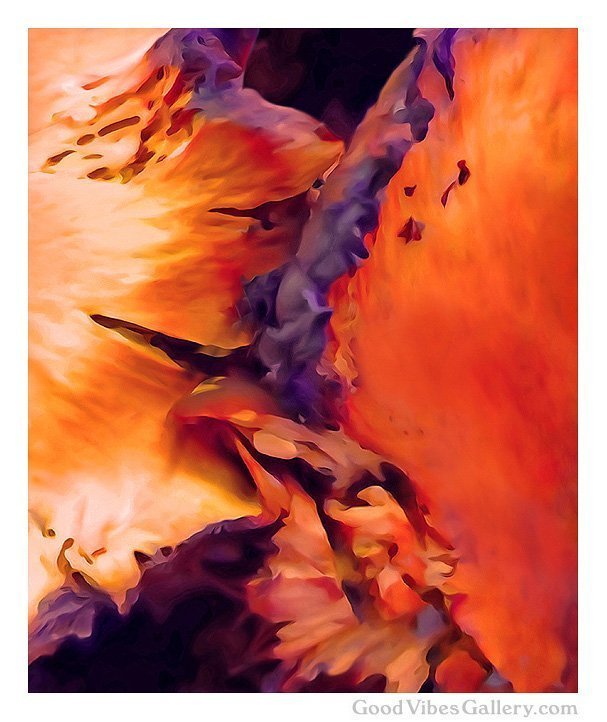The room was a muted buzz of fluorescent lights.
“I have given you all the information that you need, Sunaina, kindly don’t step out and Google it further,” my doctor said. She handed me the paper as she looked straight into my eyes. “If you read online, it’ll scare you, so please don’t.” she continued, in a stern yet friendly manner.
Exiting the room, the door softly clicking shut behind me, I felt a familiar tug in the pit of my stomach – an urge to know it all.
But, this time I stopped myself.
Why?
Because sometimes, knowing too much can be more harmful than helpful, especially for someone like me who tends to overthink.
Why We Crave Knowledge
It’s natural for us to want to know everything.
We’ve all been there – that burning desire to get to the truth, to get to a peep into the future, to get to give a pat on our backs. Well, it’s a mix of evolution, psychology, and society. From our ancestors needing to understand their environment to survive, to our modern world where knowledge equals power and social status, there’s a lot driving this need.
But there’s also a philosophical angle. The unknown is like a dark, mysterious void. We try to fill it with knowledge to feel safe and in control. It’s natural to want to turn the unknown into the known.
The Upside of Ignorance
But here’s something I’ve learned: sometimes, ignorance can be bliss. Not knowing everything can actually be beneficial:
- Reduces Anxiety: Not obsessing over every detail can lower stress and prevent overthinking.
- Increases Trust and Delegation: It allows us to trust others and delegate tasks, which is essential for teamwork and personal relationships.
- Encourages Living in the Moment: When we’re not fixated on knowing everything, we can enjoy the present more fully.
- Fosters Surprise and Wonder: A little mystery adds excitement and wonder to life.
There’s a kind of relief that comes from not knowing it all. It’s like loosening a tight grip you didn’t realize you had. By not obsessing over every detail, we allow ourselves space to breathe, to trust, and to be in the moment.
Learning to Surrender
I recall, during my pregnancy, my doctor saying, “Trust me with your care, and I’ll go above and beyond for your safety.” It was a powerful moment of realization. In an age where doubt runs rampant, especially with the horror stories we hear about medical practices, choosing to trust can be a radical act.
In a world rife with skepticism, sometimes the bravest thing you can do is to trust.
Finding the Balance
The key lies in informed surrender.
Informed surrender is really about knowing when enough is enough. It means looking back at times when you didn’t know everything, but things still worked out just fine. This helps us understand that it’s okay not to have all the answers. We can’t know everything, and realizing this takes a lot of pressure off. It’s also about figuring out what information is really important for the decisions we need to make and letting go of the rest.
When faced with a decision, ask yourself what specific information is truly necessary. For example, if you’re making a health decision, focus on the treatment’s effectiveness and risks, rather than diving into every possible outcome or rare side effect.
This way, you can deal with life’s ups and downs more calmly, focusing on what really matters and not getting stressed about everything else.
Let’s embrace the peace that comes with not knowing everything and trust ourselves to navigate the unknown.

